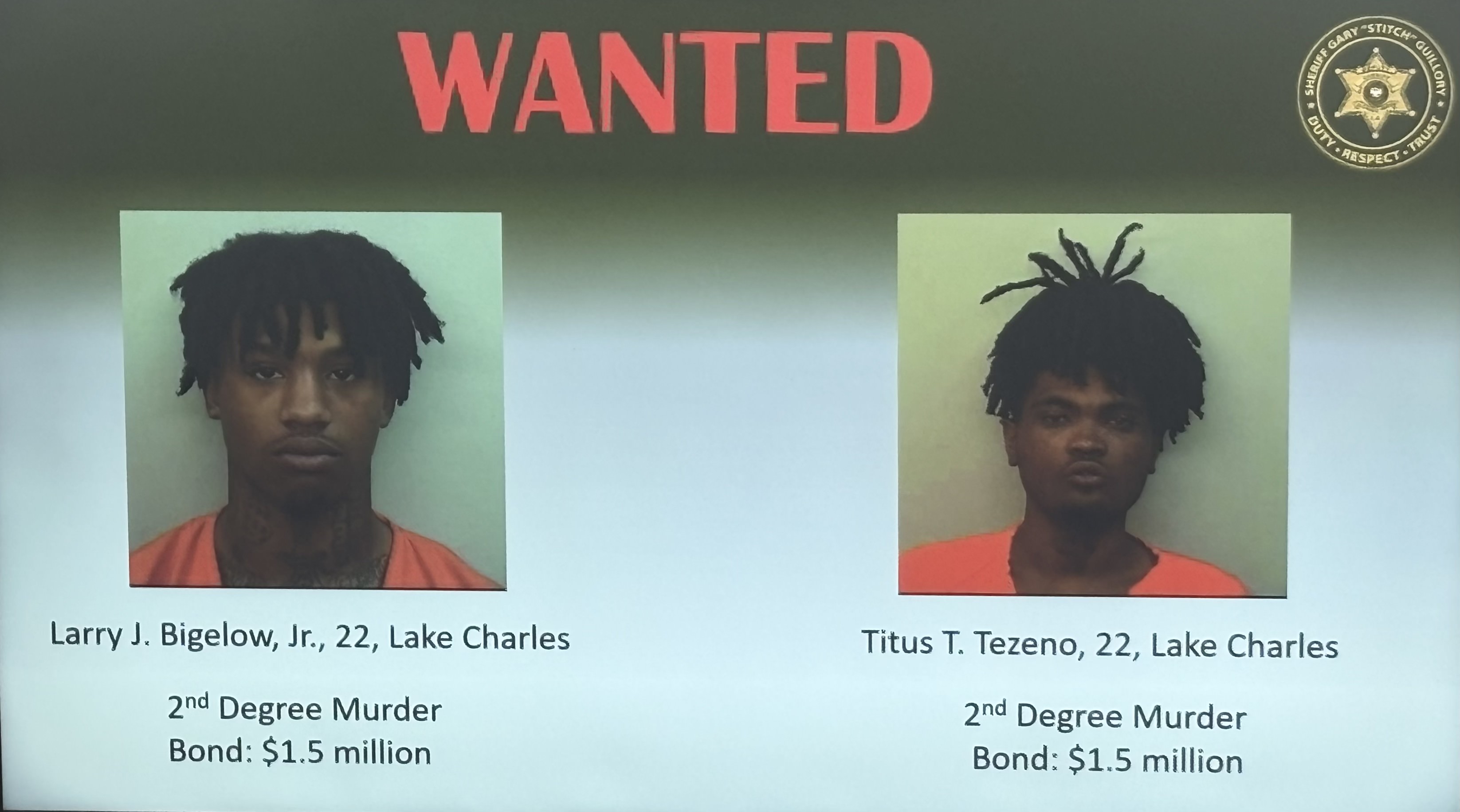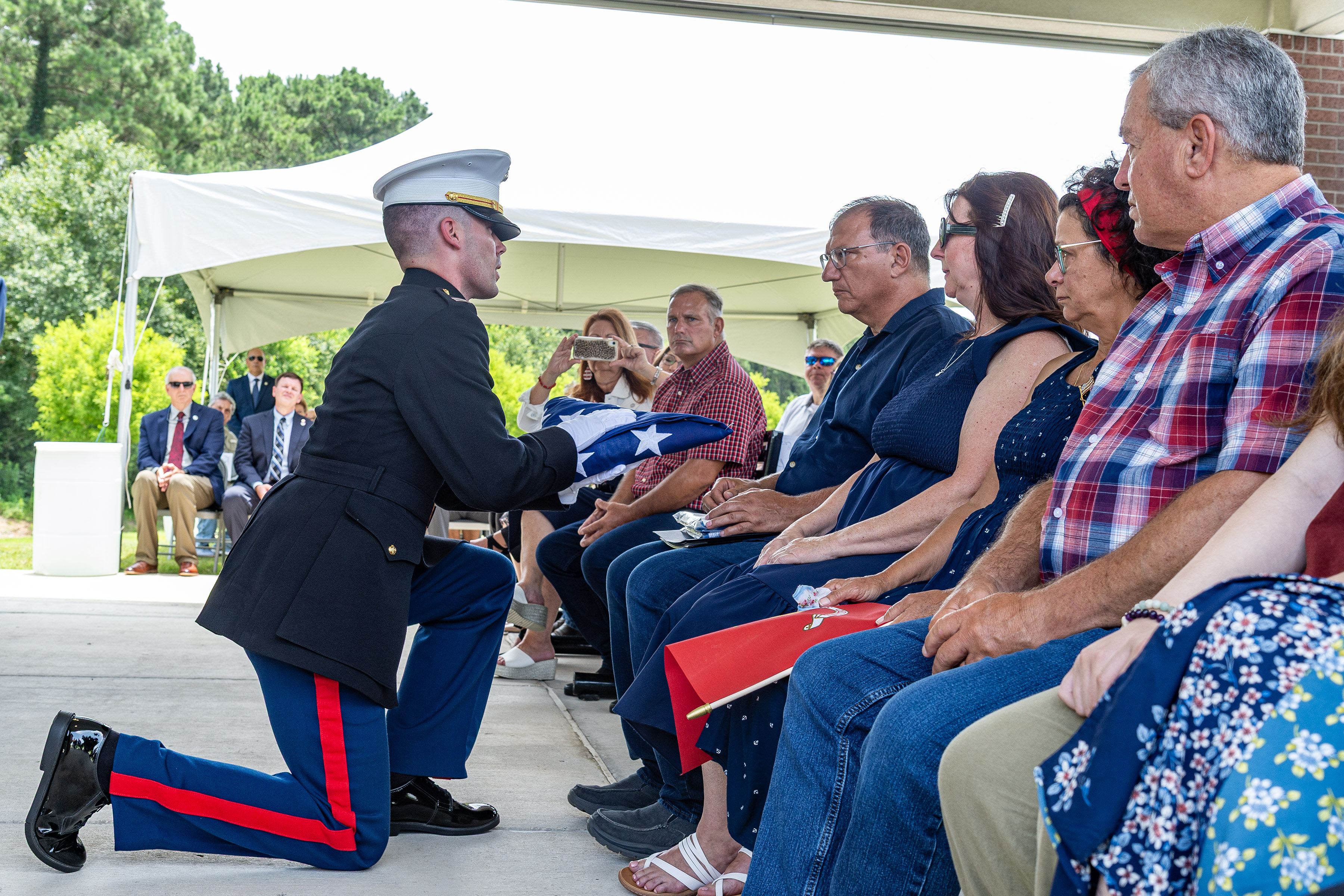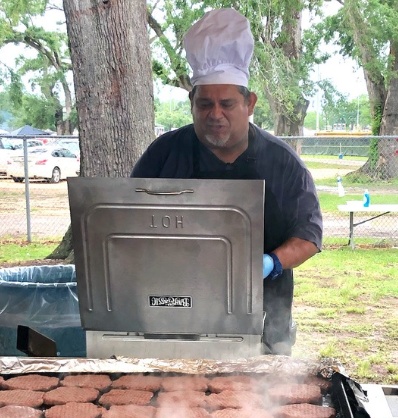Sentence stands for Texas man who solicited 13-year-old Vernon Parish girl
Published 4:37 pm Tuesday, February 25, 2025

- The 3rd Circuit Court of Appeal serves 21 parishes in Southwest and central Louisiana.
The sentence for a Texas man who pleaded guilty to indecent behavior with a juvenile and computer-aided solicitation of a minor will stand.
Danny Trey Crossland admitted in court on Feb. 20, 2024, to contacting a 13-year-old girl who lived in Vernon Parish through a video chat system within the online game Roblox. In his messages, Crossland talked about bringing the girl to Texas to live with him and said he would enroll her in a home-school program once she arrived.
Melissa Welch, an investigator with the Louisiana State Police, said the pair also began a text message exchange in which Crossland indicated he wanted to the girl to sneak out of her home one night and he would pick her up at the end of her driveway. According to Welch, the plan also consisted of the girl leaving all of her electronics behind so law enforcement would not track her, and then the two could live together in Texas.
Welch testified Crossland — who used the name “Wayne” in his messages — also asked the girl for pictures of her younger siblings and talked about picking them up, as well.
Jerry Cox, a technical support officer with the State Police, retrieved a message from the girl’s phone in which Crossland asks, “Hey, if i send u a dick pic would u send me a pick of u in ur panties? And i 100 % understand if u say no.” The girl responded, “I’ll think about it.”
Crossland then tells the girl to delete the messages before her mother returned.
“She said ‘will do.’ And then she sends him a picture of her in her underwear and then he sends a picture back to her showing his penis,” Cox testified.
Crossland then sent the girl a screenshot of where she lived and asked her if that was the right house. When she confirmed it was, he reminded her to delete their messages and said he would talk to her on Roblox.
During the girl’s interview with the Children’s Advocacy Center she told the forensic interviewer that Crossland was 27; he was actually 38.
The victim testified that when she told Crossland she was 13, he told her he did not want “the age difference to be a problem for them.”
According to the victim, Crossland wanted to know if her siblings also wanted to leave the house. After she asked both of her siblings if they would want to go live with someone else, one of her siblings told the their mother — who then went through the girl’s phone and Roblox account and learned of her communication with Crossland.
Rhonda Jordan, a detective who monitored jail phone calls, testified that during a conversation from jail with his own mother, Crossland questioned why a 5-year-old could consent to changing his sex but a 13-year-old could not consent to sending a semi-nude photo of herself.
Crossland was sentenced to six years at hard labor for the indecent behavior charge and seven years at hard labor without the benefit of probation, parole or suspension of sentence for the computer-aided solicitation count. Both sentences were ordered to run concurrently with one another.
In his appeal to the Louisiana 3rd Circuit Court of Appeal, Crossland claimed his counsel was ineffective for failing to present evidence concerning his medical conditions in mitigation of lighter sentences and for failing to file a motion to reconsider the sentences to preserve a review for excessiveness. Because of this, he said the trial court failed to consider the limited sexual content of the messages between him and the girl and failed to consider the lack of any physical contact between the two.
“I know to some people think my medical disorder seems fake and made up, but it’s not,” Crossland claims. “My walk and balance, speech and memory problems are very real and very frustrating.” He said he has a clinically diagnosed neurological disorder.
He also claimed he must take chemotherapy medication for tumors in his knee and take care of his mother. For these reasons, he said he should have received probation and an ankle monitor.
Although Crossland “complains that the trial court failed to consider mitigating factors, including his medical history, a review of the record shows the trial court did in fact consider his medical history, but did not find it to be a mitigating factor,” the appeals court wrote in their denial of his claim. “As for his argument that the trial court failed to consider the limited sexual comments and lack of physical contact between Crossland and the victim, the trial court was aware of the facts of the case and focused on the aspects it felt were significant.”





